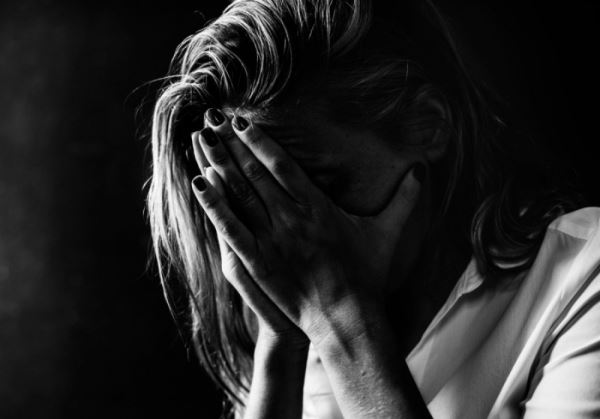Our Blog
The Central Ethics Committee of the General Council of Dentists approves a Declaration on how to act in case of suspicion of mistreatment
The Declaration emphasizes that intervening in these cases is not only a legal duty, but also an ethical duty. In fact, the obligation to act in a situation of these characteristics is included in multiple regional, national, and international legal regulations and in the Dental Code of Ethics and Deontology.
Indications of the existence of ill-treatment
Especially, one must be alert in the case of the most vulnerable patients, such as the elderly, children, and adults in delicate situations. In the specific case of children and the elderly, "lack of care" -including basic dental care- is also considered ill-treatment.
The signs of abuse that can be seen during dental care are almost exclusively those that refer to physical violence. And in this type of situation it is frequent the repetition of aggressions, injuries in different degree of evolution or repeated with infrequent periodicity. For example, bruises in different degrees of resolution, wounds or lip scars or even repeated dental fractures, etc.
These physical signs of violence are often accompanied by a withdrawn attitude, especially in children and the elderly.
What should the dentist do?
The first thing would be to try to get more information. To do this, and if possible, the alleged victim will be asked directly about the circumstances in which the injury occurred (in the event that they had sufficient maturity and cognitive capacity), and raise these questions without the presence of relatives or caregivers. It is also important to ask questions cautiously and delicately.
If the injuries appear to be the result of unexplained assaults and the etiology of the injuries is not convincing, you should assume that you are a possible victim of abuse. And also if we are faced with children or elderly people with a situation of carelessness in their health care.
If you are not sure enough, but you have a well-founded suspicion, the most reasonable attitude would be to alert Social Services. Depending on the different autonomous communities, there are social assistance services in the town halls (or in the district councils) and/or in the health centers.
If you are reasonably sure of the existence of ill-treatment, then you should report the situation to the authority. And this "complaint" is made in writing through a medicolegal document called injury report. This report of injuries can be delivered at the duty court or at a police station, and would imply the initiation of inquiries by the authority. It does not imply any direct accusation, it is only an alert to a possible criminal situation. Probably, clarifications will be requested on some point of the document, but usually the anonymity of the person who warns of a possible situation of this type is maintained.
As stated by Dr. Óscar Castro, president of the General Council of Dentists, “the comfortable and simple thing to do could be to ignore the situation, thinking that it is a problem outside our professional practice and that others will act. But this action, in addition to being illegal, is profoundly contrary to our ethical commitment as health professionals that we are. We must think that perhaps we are the only opportunity that the abused person has to get out of their situation, and this forces us to always act”.

